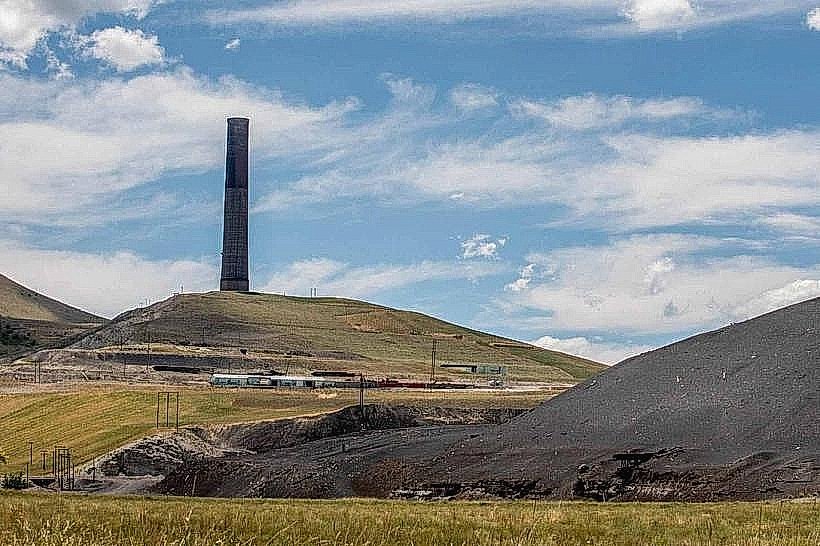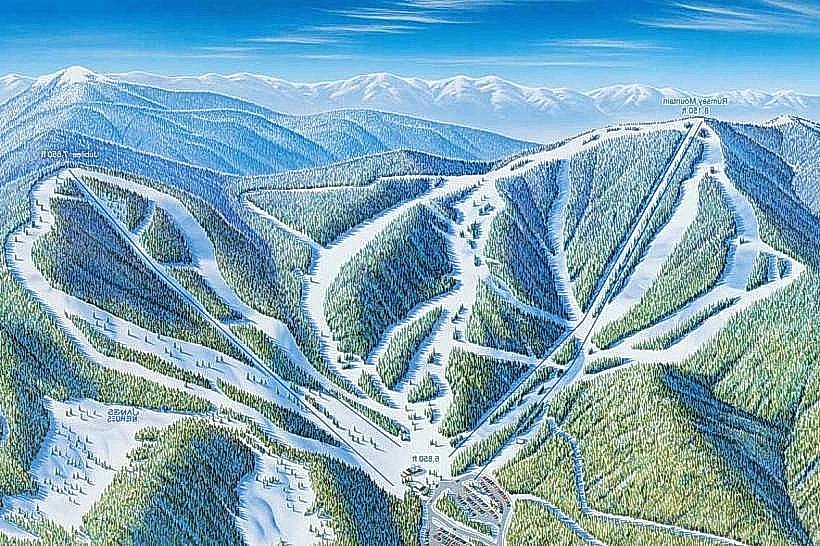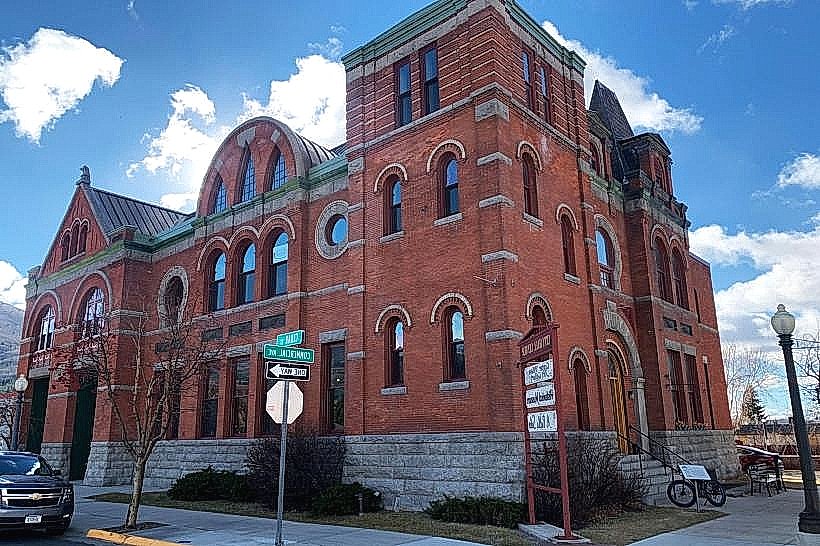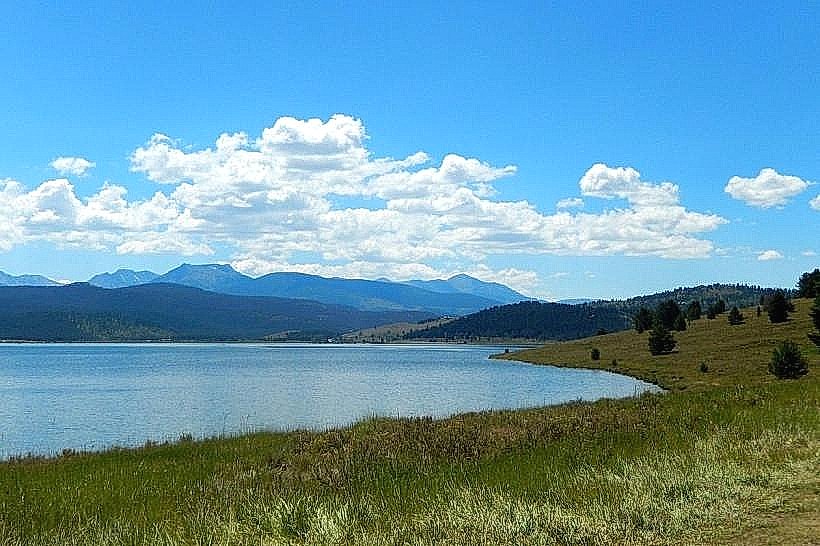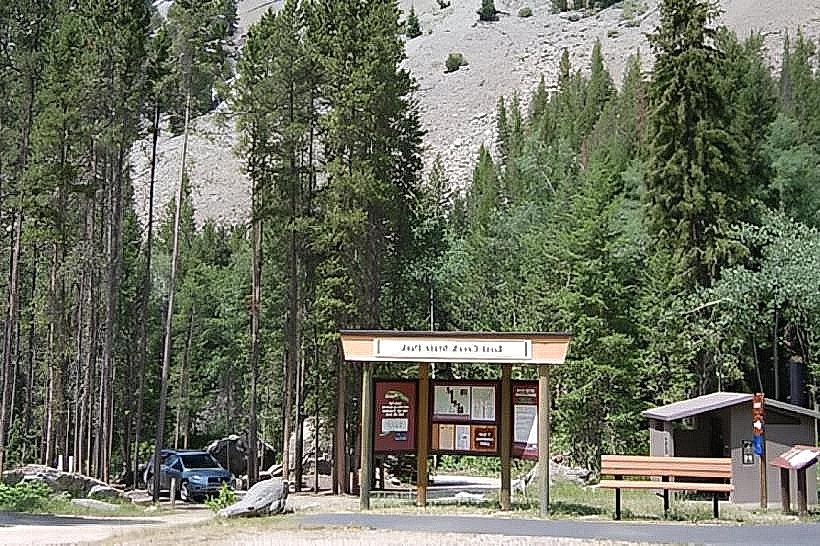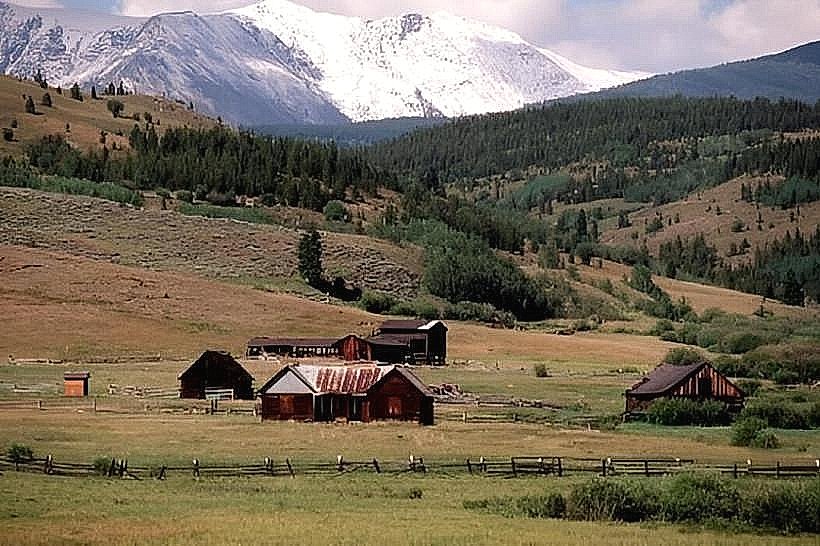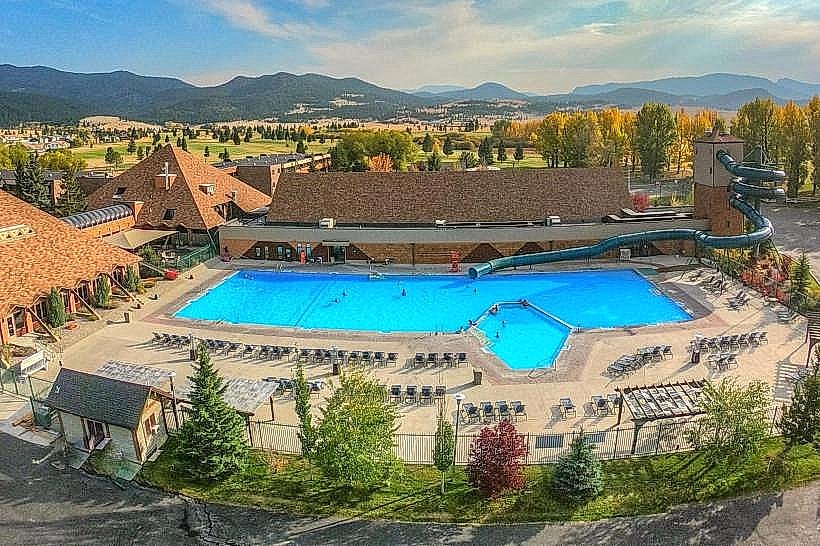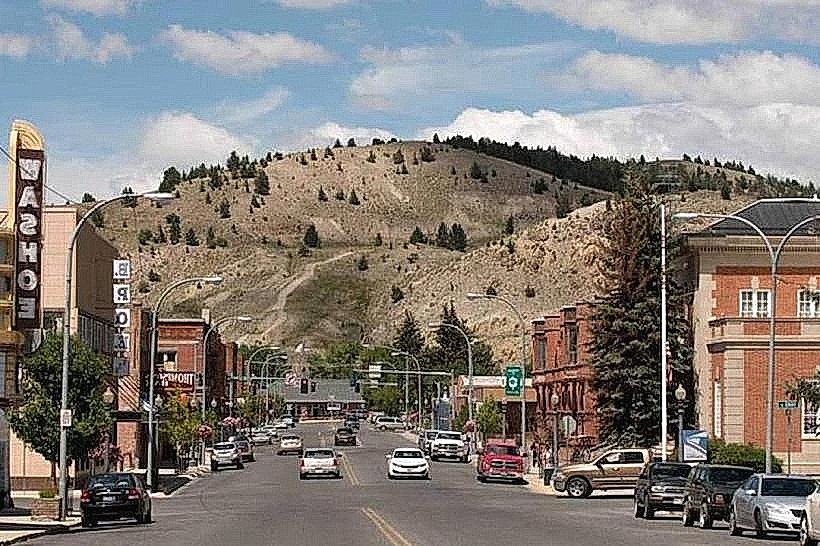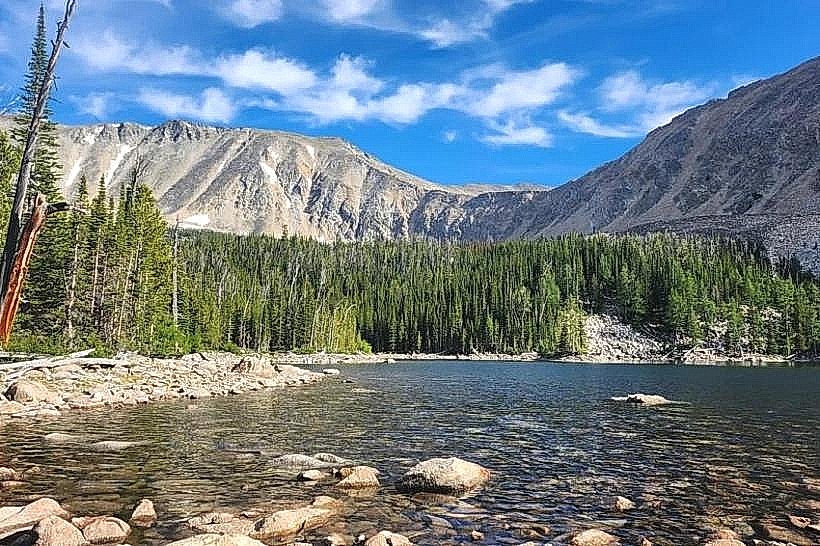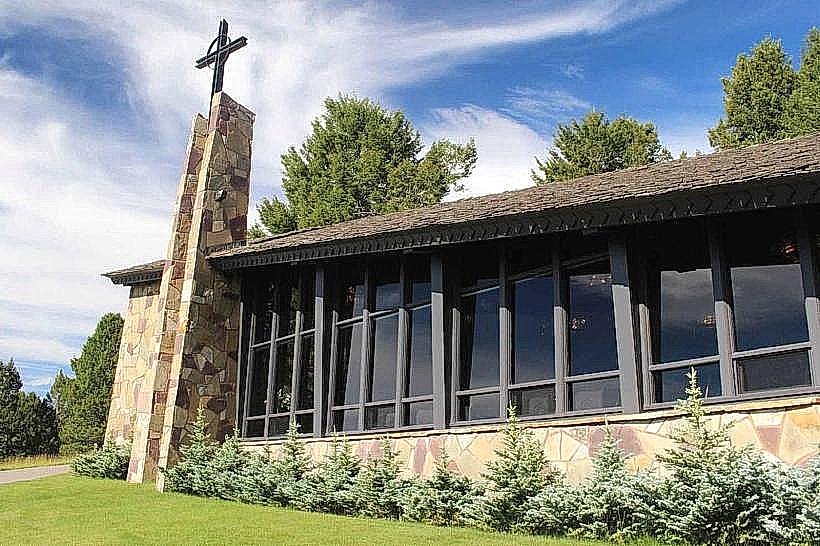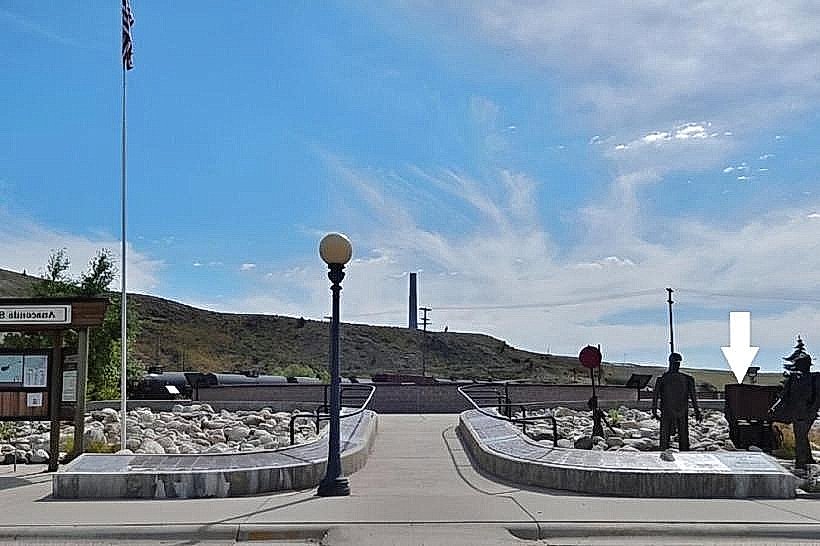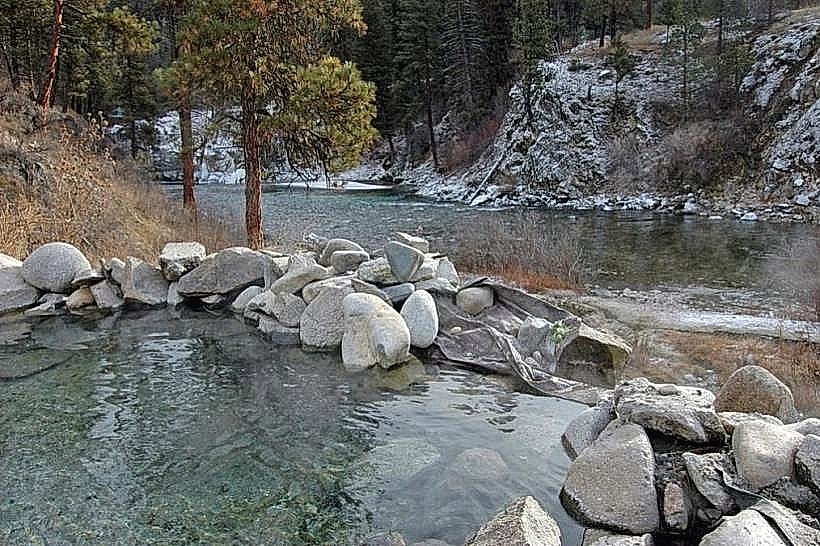Information
Landmark: Anaconda RangeCity: Anaconda
Country: USA Montana
Continent: North America
Anaconda Range, Anaconda, USA Montana, North America
Ritter Park is a public park located in Huntington, West Virginia.
Visual Characteristics
The park features mature deciduous trees, primarily oak and maple, providing significant canopy cover. The terrain is gently rolling, with paved walking paths traversing the landscape. A central pond, approximately 1.5 acres in surface area, is a prominent water feature. The park's primary structures include a bandstand and several picnic shelters constructed from concrete and wood.
Location & Access Logistics
Ritter Park is situated at 1000 Ritter Park Drive, Huntington, WV 25705. It is located approximately 2 miles south of the Huntington city center. Access is via U.S. Route 60 (Third Avenue) and then south on Ritter Park Drive. Ample free parking is available in designated lots throughout the park. Public transport options include the Huntington Metro bus system, with Route 1 serving stops along U.S. Route 60 adjacent to the park.
Historical & Ecological Origin
Ritter Park was established in 1930, with land donated by the Ritter family. The park's development was part of a broader initiative to create green spaces within urban areas. Ecologically, the park is situated within the Appalachian mixed mesophytic forest region, characterized by a high diversity of tree species.
Key Highlights & Activities
Activities include walking and jogging on the paved trails, picnicking in designated shelter areas, and observing waterfowl on the central pond. A playground area is available for children. The park hosts various community events, including concerts at the bandstand during warmer months.
Infrastructure & Amenities
Restrooms are available in the main pavilion building. Several picnic shelters offer shade. Cell phone signal (4G/5G) is generally consistent throughout the park. No on-site food vendors are present, but commercial establishments are located along U.S. Route 60 within a 0.5km radius.
Best Time to Visit
For photography, early morning or late afternoon light provides optimal illumination of the park's foliage and structures. The months of April through October offer the most pleasant weather for outdoor activities. The pond's water level is generally stable and does not require specific tide considerations.
Facts & Legends
A specific feature within the park is a collection of memorial trees, each planted to commemorate individuals. Local lore suggests that the oldest oak tree in the park, located near the western edge, is over 200 years old, predating the park's establishment.
Nearby Landmarks
- Huntington Museum of Art (1.2km Southwest)
- Marshall University (2.5km Northwest)
- Camden Park (4.0km West)
- Ohio Riverfront Park (3.0km North)

